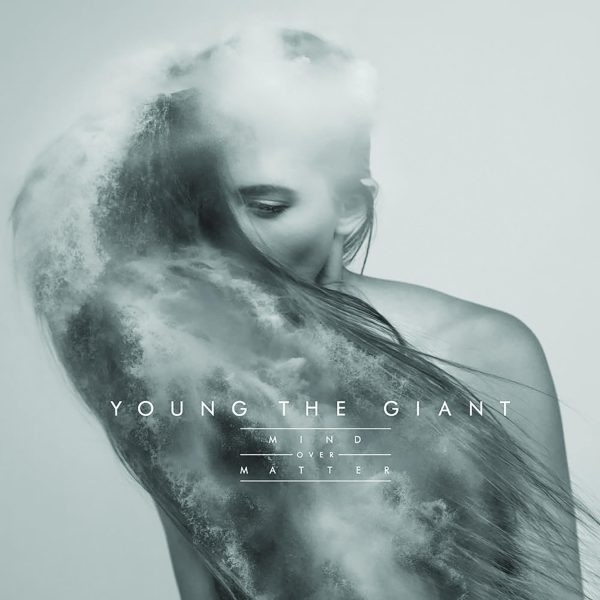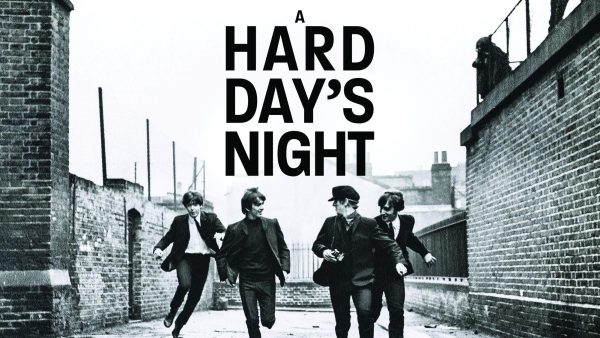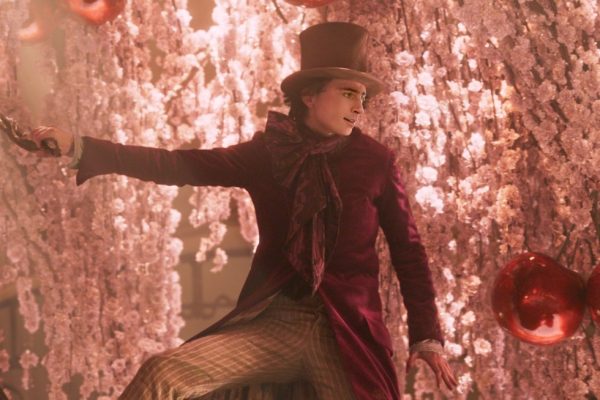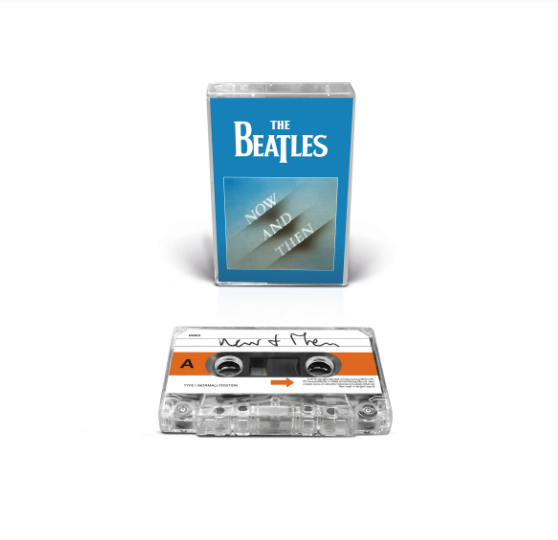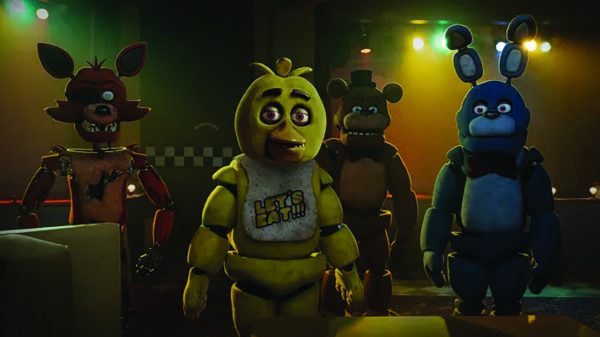Purrcussion: Frank Oceans, “Blonde” wanders, ponders
From his 2012 debut to his most recent Blonde release, Frank Ocean’s story has humble beginnings.
Ocean first broke out onto the music scene as a member of the hip hop group Odd Future. He then released his first studio album, Channel Orange, in 2012 and took the world by storm. The album earned six Grammy nominations, one of which Ocean won.
But afterward, Ocean disappeared from the music scene, releasing little music. Throughout that time he announced his work on a follow-up album, yet the new album failed to materialize. Many fans cracked jokes about Ocean dying. He had vanished from the music world.
But after four years of waiting, Blonde arrived Aug. 20. Much has happened since 2012. How have these things affected Ocean, personally or as an artist? What does Ocean have to say? How is the new album? Does it live up to Channel Orange?
On this new album, Ocean takes a different musical direction than expected. Ocean takes the minimalistic approach of building a lot out of a little. This record contains little percussion, making a subdued sound, and Ocean creates ethereal experiences out of little instrumentation. This results in a pleasant and mellow sound. It pushes R&B in new artistic directions and will prove influential over time. This sound reflects Ocean himself and his inner workings.
“Nights,” a solid track from Blonde, offers simple and pretty guitar work. Ocean’s vocals work well to create a soothing sonic experience. However, towards the tail end of the song, it shifts and begins to wander. This problem isn’t exclusive to “Nights.”
Blonde often loses focus. It meanders, overindulging in minimalist emotional expression. One can understand and respect this creative decision — Ocean intended the music to enhance the lyrical content and the amount of himself that he has poured into this record. Blonde makes a statement by not deliberately attempting to make a statement, and the music reflects this mentality.
But this does not change the fact that the music doesn’t live up to the bar that Channel Orange set. It often tries to sound like background music until Ocean’s vocals come in an attempt to pack an emotional punch. This isn’t always effective and results in a frankly boring record.
Oftentimes, Blonde dips into sounding uninteresting — far from accessible and too spacey for its own good. The album provides a laborious task to listen to from start to finish. This record doesn’t need hooks and mainstream appeal but it could use a little kick in the pants. The addition of dialogue-heavy interludes doesn’t helping either.
Lyrically, Blonde offers a mixed bag. As an R&B superstar, Ocean appears vulnerable, exposed and honest through his words — introspective and emotional. At its best, Blonde offers raw poetry that takes the listeners on a trip to Ocean’s mind. On album highlight, “Ivy,” Ocean sings, “I ain’t a kid no more. / We’ll never be those kids again.” It’s obvious Ocean has been through difficult times, giving him plenty to say.
Blonde provides a blend of the poetic and the blunt, which make for a satisfying recipe. Too many times, however, Ocean’s words remain too vague to make an impact on the listener. Other times, the lyrics just don’t feel important as Ocean seems to want them to. For example “Solo” comes across as a glorified weed song.
Evidently, Ocean put lots of effort into this project. He spent much time crafting a piece of art ripped straight from his soul. For that, Blonde earns its points. This is no lazy record. One can appreciate the effort and heart that went into this album. The ideas and thought behind this album as a whole are an accomplishment in of own. The thought behind Blonde deserves applause, but Ocean flawed the execution of his ideas. For this, “Blonde” earns seven out of ten points.


